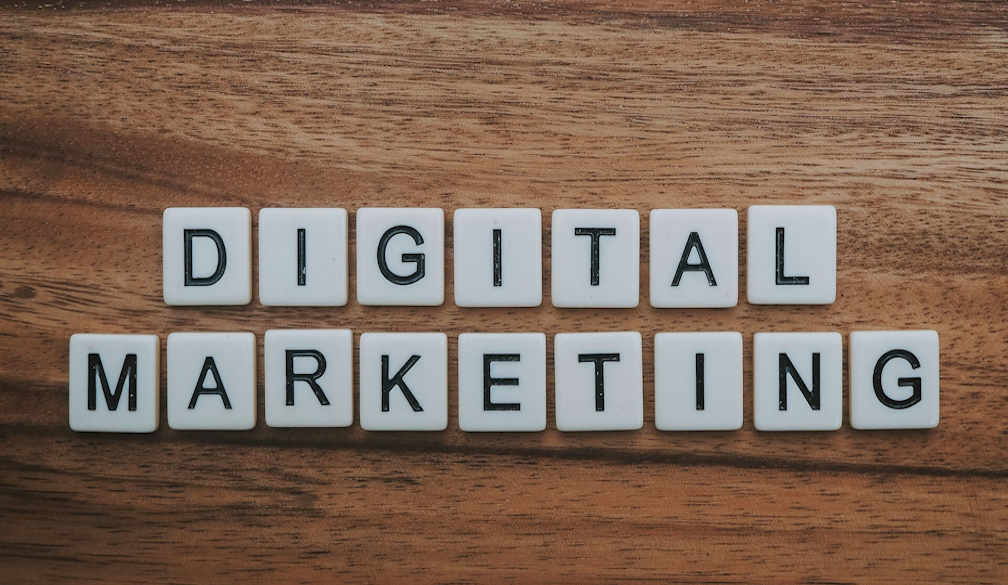The Evolution of Digital Marketers

Digital marketing has become a cornerstone of modern business, but it wasn't always this way. The rise of digital marketers is a story of technological innovation, changing consumer behaviour, and a new approach to communication. Let's explore how digital marketing agencies emerged and evolved to become the powerful force it is today.
The Dawn of the Internet and Online Advertising
The origins of digital marketing can be traced back to the early days of the internet in the 1990s. As the World Wide Web became more accessible, businesses began exploring online platforms for advertising and promotion. The first banner ad was launched in 1994 on HotWired, marking the beginning of a new era in marketing. This ad had a simple message: "Have you ever clicked your mouse right HERE?" and it gained a click-through rate of 44%.
This initial success sparked interest in online advertising, leading to the emergence of companies specializing in digital marketing. By the late 1990s, search engines like Yahoo and Altavista became popular, giving rise to search engine optimization (SEO) and search engine marketing (SEM) as key strategies.
The Rise of Search Engines and Social Media
The 2000s saw the explosion of search engines, with Google quickly becoming the dominant player. Google's unique algorithm and paid search advertising model revolutionized how businesses reached customers online. This period marked the growth of SEO as a distinct discipline, with digital marketers learning to optimize websites for better visibility in search engine results.
Around the same time, social media platforms like Friendster, MySpace, and eventually Facebook, Twitter, and LinkedIn emerged. These platforms introduced new ways for brands to connect with their audiences. Social media marketing became an essential component of digital marketing, allowing businesses to engage with customers directly and build relationships.
The Shift to Content Marketing and Data-Driven Strategies
As the internet grew, so did the volume of content. Digital marketers recognized the importance of creating valuable and relevant content to attract and retain customers. Content marketing became a key strategy, with brands producing blogs, videos, infographics, and other forms of content to engage their audiences.
The late 2000s and early 2010s also saw a significant shift toward data-driven marketing. Tools like Google Analytics provided marketers with insights into user behavior, enabling them to make informed decisions. This data-centric approach allowed marketers to measure the success of their campaigns and make adjustments in real-time, leading to more efficient and effective strategies.
The Mobile Revolution and Multi-Channel Marketing
The widespread adoption of smartphones and tablets in the 2010s transformed digital marketing once again. Mobile marketing became a necessity as consumers increasingly used mobile devices to browse the web, shop, and interact with brands. Digital marketers had to adapt their strategies to ensure a seamless experience across multiple devices and platforms.
This period also marked the rise of multi-channel marketing. Businesses began integrating various digital marketing channels—such as email, social media, search, and content—into cohesive campaigns. This approach allowed marketers to create a unified brand experience, enhancing customer engagement and loyalty.
The Modern Digital Marketing Landscape
Today, digital marketing continues to evolve at a rapid pace. Artificial intelligence, machine learning, and automation are reshaping how marketers operate. Personalization and customer experience are now at the forefront of digital marketing strategies. Platforms like Instagram, TikTok, and Snapchat have opened new opportunities for creativity and engagement.
Digital marketers are now more versatile and skilled than ever before. They need to stay ahead of trends, adapt to new technologies, and continuously refine their strategies to meet changing consumer expectations. The evolution of digital marketing is a testament to the industry's resilience and its ability to embrace innovation.
Digital marketing agencies have come a long way from the early days of banner ads and simple search engine optimization. As technology continues to advance, the future of digital marketing holds exciting possibilities, with new tools and techniques to help businesses connect with their audiences in meaningful ways.

